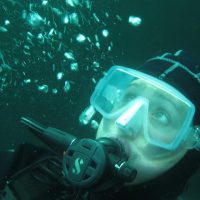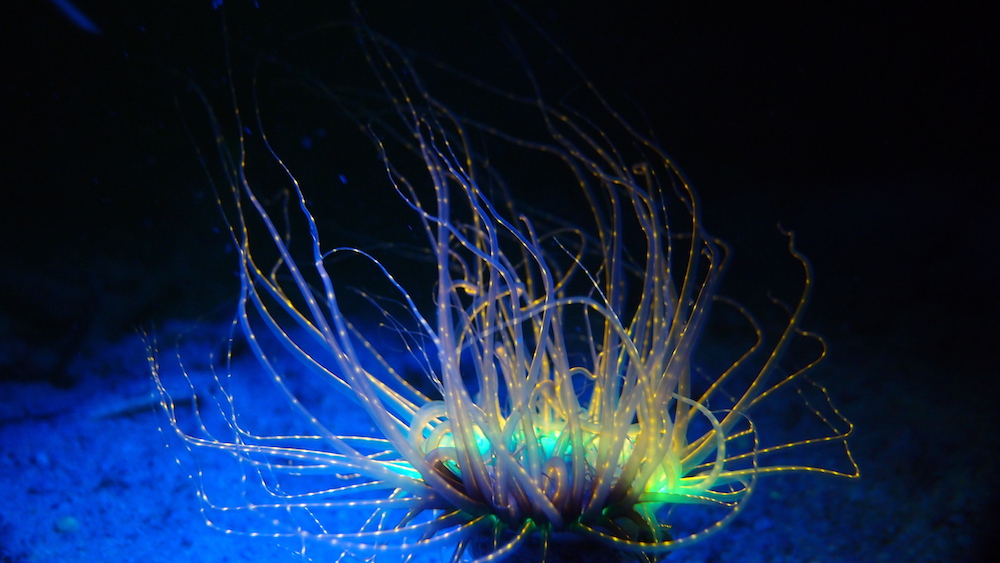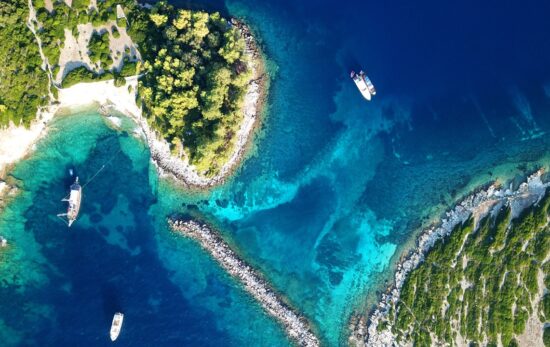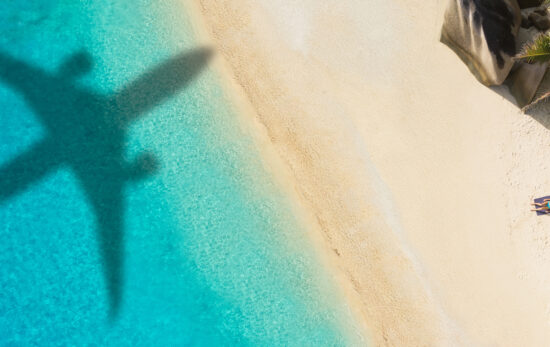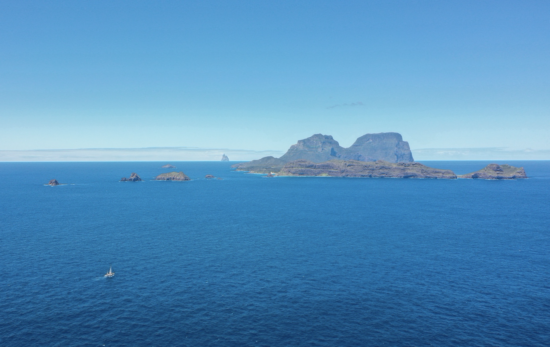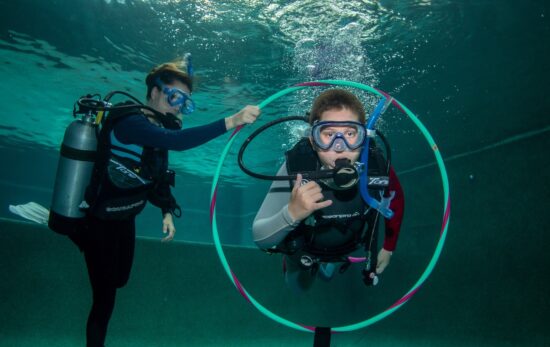When you are a scuba diver returning to the water after a break:
You’ve not been diving in what feels like decades and you’ve just realised that you’ve put the BCD onto the cylinder backwards! You quickly turn it around and hope no one saw. Now, which way the regulators and gauges go again? This regulator looks different to the one you had last time – “am I doing this right?” – You feel stupid asking, but it is probably better to check after all. You smile enthusiastically, nervously wondering if you can still remember how to dive.
Okay! You’ve got your kit all set up and it’s time to walk out to the dive site. You are excited but there is this wobbly feeling, everything just feels a bit weird. As you get into the water you realise that you are fumbling to find the inflate button. Finally, it’s time to descend, “where’s that regulator?” you remember to sweep behind you and eventually find it, but you worry that everyone is sick of waiting for you. You hit the deflate … and you are still on the surface! Your buddy and the guide look up at you patiently as you gradually make your way down towards them.
This used to be easy, but now it feels odd and strangely vulnerable.
But, as you start to swim along, things start to fall into place. Each time you reach for your inflator hose you find it faster. The second time you clear your mask you remember to focus on breathing through your mouth (the first time resulting in some spluttering). By the end of the dive you are really starting to enjoy yourself again and the nerves have melted away. After a few more dives it’s all coming back again.
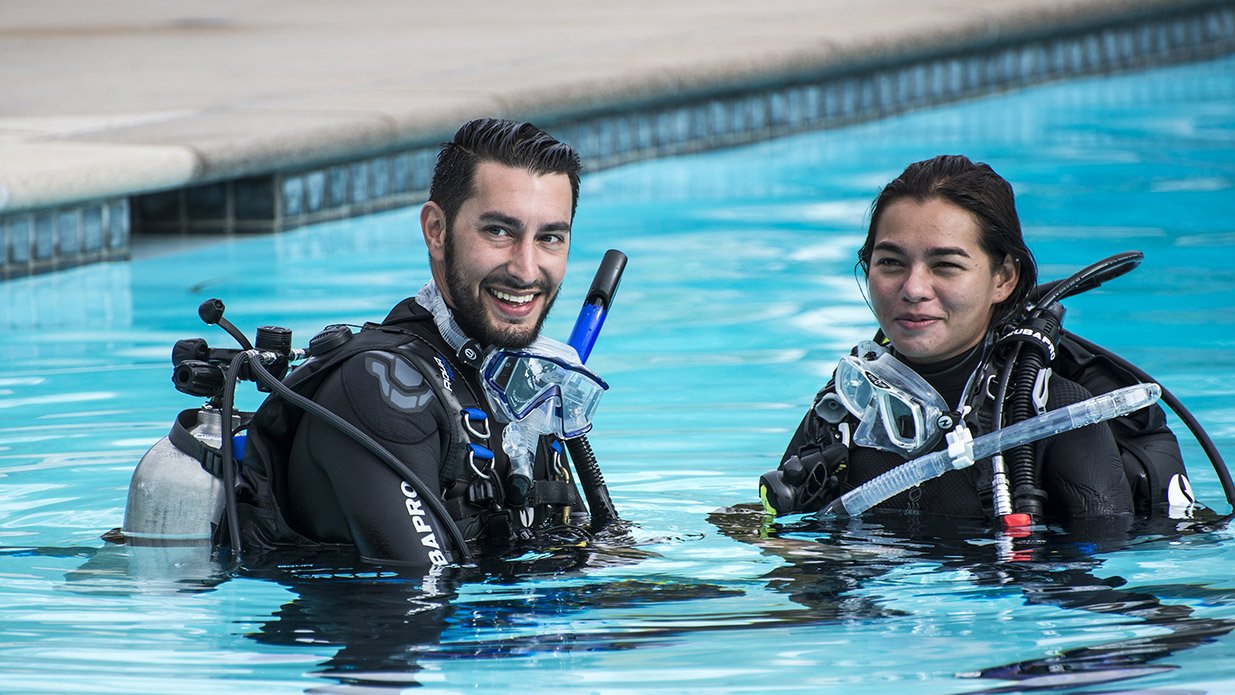
Does this sound familiar? Look at all the things we need to know and do when we dive, from putting our equipment together, carrying out checks, finding clips to fasten and buttons to press … These are motor skills that took time and effort to learn. The ability to perform these skills got laid down in pathways of nerves that run from your brain to your fingers and toes; and all the way back again. When we have a break from diving, these pathways are unused. Like tracks in a field the grass grows over them and it can be hard to find our way through when we return. But the pathways are there! By re-using the skills: we open them up again. Repetition and practice sends signals down the nerves and the connections strengthen again, which is why we get better and faster at the skills the more we do them.
There are many pathways you will need to revisit when you return for your first dive after a long break. There will be connections that must be made just to get into the water, for example being able to locate and press the deflate button. (You won’t go very far if you can’t do that!) You should also practice some basic skills that you need for the dive, like clearing your mask in case it fogs. Plus, getting the hang of buoyancy will be important.
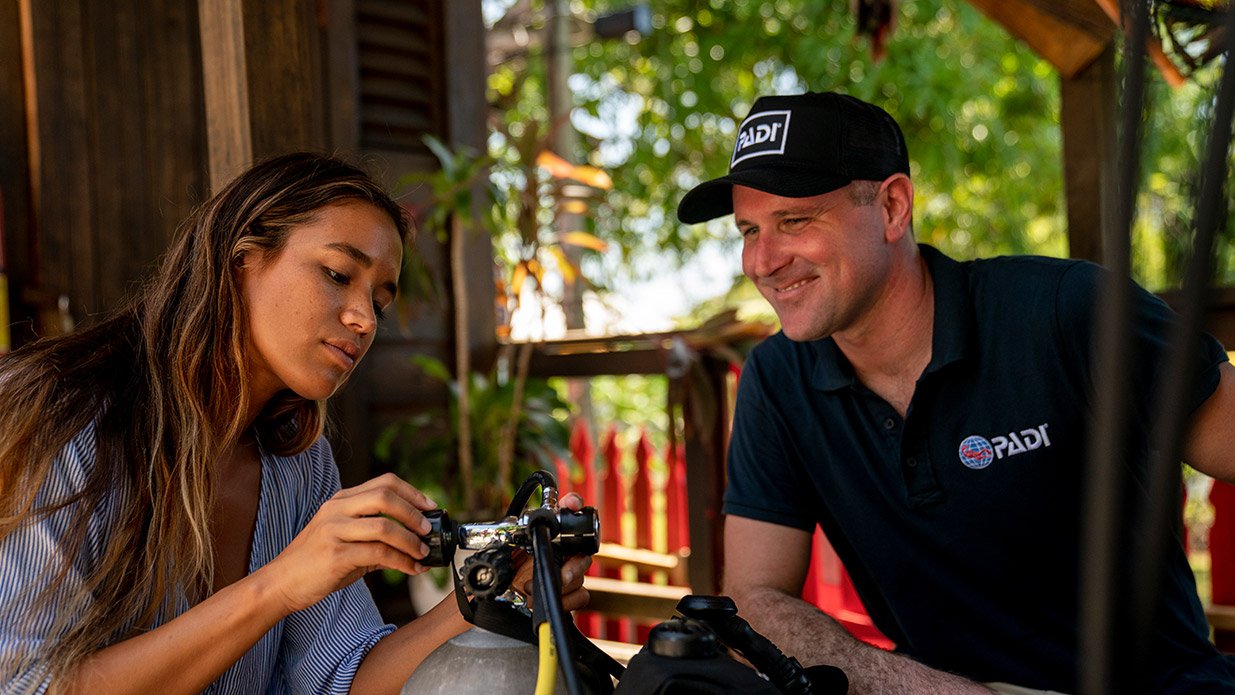
But what about the hidden pathways?
There are things you would need to do If something went wrong. For example, practicing sharing air in case of loss of gas, or dropping your weight belt in case of failure to establish buoyancy on the surface. When was the last time you went down those tracks? If you needed to, would there be a clear route through, or would you be struggling to hack your way through the overgrowth in an emergency?
In the same way that tracks fade when they are not followed regularly, our skills atrophy when we do not practice. Look back through your training, are there any skills that you have not used? Often the most important skills are the ones we may never need to do for real, so we forget about them … or tell ourselves we know how to do them. But if those skills have not been practiced, they will not be accessible. Why not take a wander down those overlooked pathways by refreshing skills and practicing scenarios with your instructor. Regularly re-discovering what you can do is all part of your diving journey.
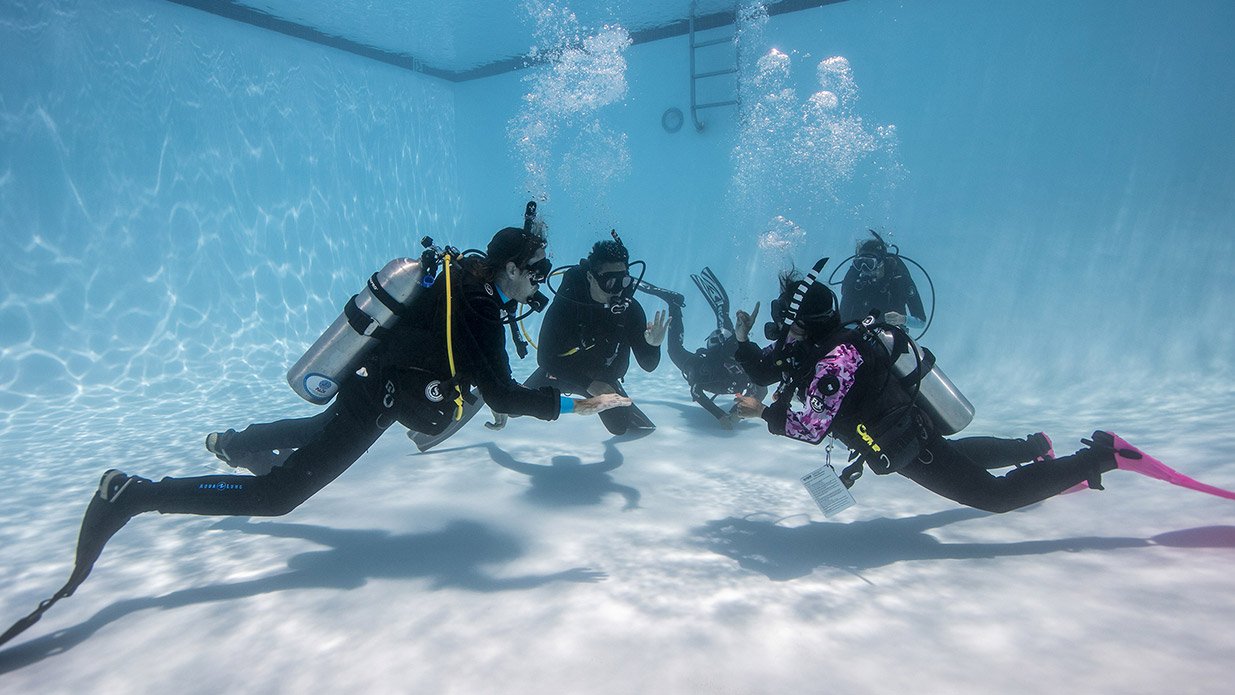
It’s a good idea for divers who haven’t been in the water for a significant period and are thinking about returning to enroll in a scuba refresher. There is also an offline, tablet-based program called ReActivate which covers all the knowledge you learned during your Open Water Diver course and allows you to refresh your knowledge after being out of the water for a while. The program should get you back to feeling comfortable in the underwater world in less than a day. Check it out and get ready to start diving again.
